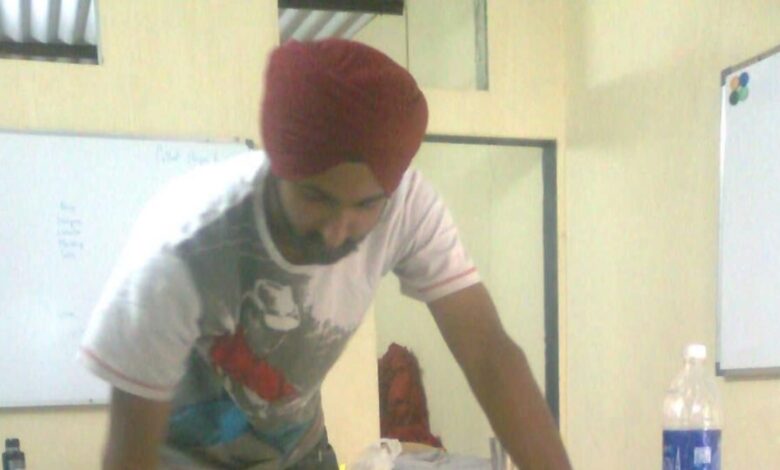IITian CEO remembers first office in Mumbai slum with ₹6,000 per month rent | Trending

As D2C brand Bewakoof turned 13, its founder and CEO Prabhkiran Singh took to LinkedIn to reflect on the company’s humble beginnings. Singh, an IIT Bombay graduate, revealed that Bewakoof’s first “office” was a small space on the top floor of a tin shed in a Mumbai slum. Bewakoof CEO remembers the company’s first office in a Mumbai slum(LinkedIn/prabhkiran-singh-a5124918) Bewakoof is a popular D2C brand known for its quirky clothes, accessories, notebooks and backpacks. It was founded in 2011 Prabhkiran Singh and Siddharth Munot. In late 2022, Aditya Birla Group’s TMRW acquired a majority stake in the business. Birthday flashbackAs Bewakoof celebrated its 13th birthday, founder and CEO Prabhkiran Singh shared a photograph from the company’s first office in a Mumbai slum. He revealed that the workspace had no air conditioning, and the heat from the machines, combined with the harsh Mumbai sun, made it almost unbearable. The team sat on plastic chairs — “not even Nilkamal,” as Singh playfully noted — and worked on makeshift tables, driven their unshakable determination to build something big. “But our will to build? Unshakable,” wrote Singh. He recalled starting the business with a few thousand rupees that he and his co-founder managed to get from their families. After all, in 2011, equity funding was a “rare dream.” For two years, they worked out of that tin-shed office, surviving on resilience and their vision for the brand. Then, as Bewakoof gained traction, the team moved to an industrial estate in Ghatkopar, a significant upgrade from their first setup. This time, they had real office chairs and air conditioning. April 1 ritual According to Tackxn, Bewakoof has a market value of over $60 million today. The journey of scaling up, however, came with its share of challenges – fights, chaos, risk, stress, and constant hustle. Amidst all this, celebrations often took a backseat. But Singh says that launching on April 1 turned out to be a blessing in disguise. It became a day that demanded celebration, not just with customers but also within the team. Singh shared that he has made it a personal ritual to use April 1 as a “reset day.” He enters the office with no agenda, takes a moment to appreciate how far they have come, and spends time celebrating with his team. On this day, he allows himself a rare moment of self-kindness, pausing to acknowledge: “You did a decent job. You deserve this day off.” And, of course, he sits in his comfortable office chair and enjoys the air conditioning – grateful to have moved beyond plastic chairs.







